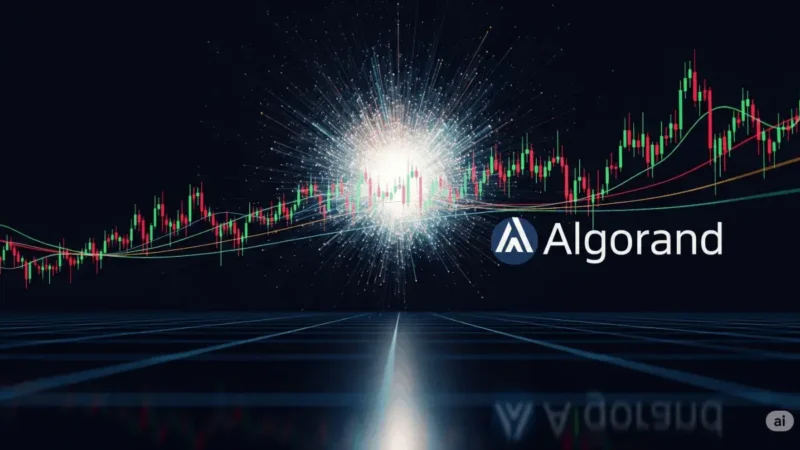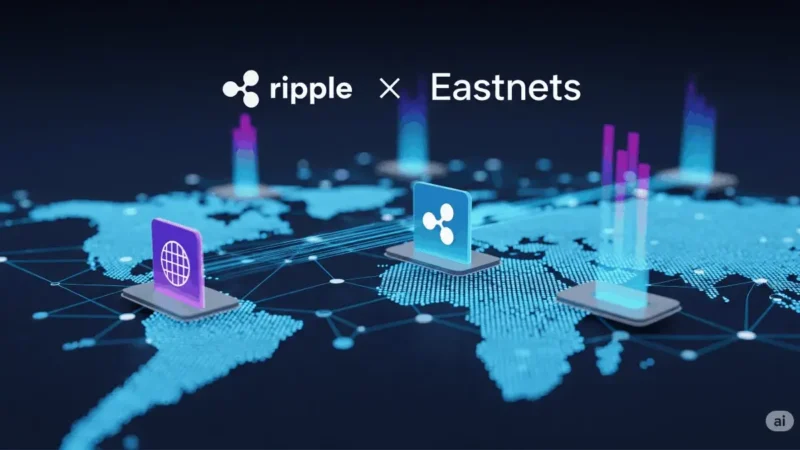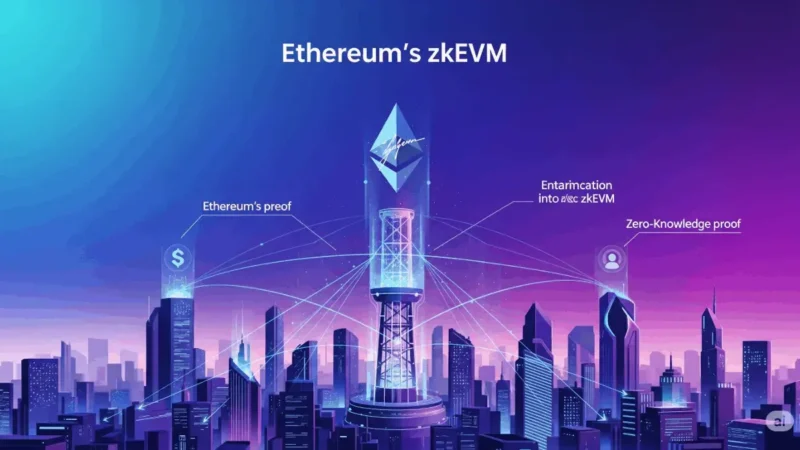Is Aptos (APT) worth investing in?
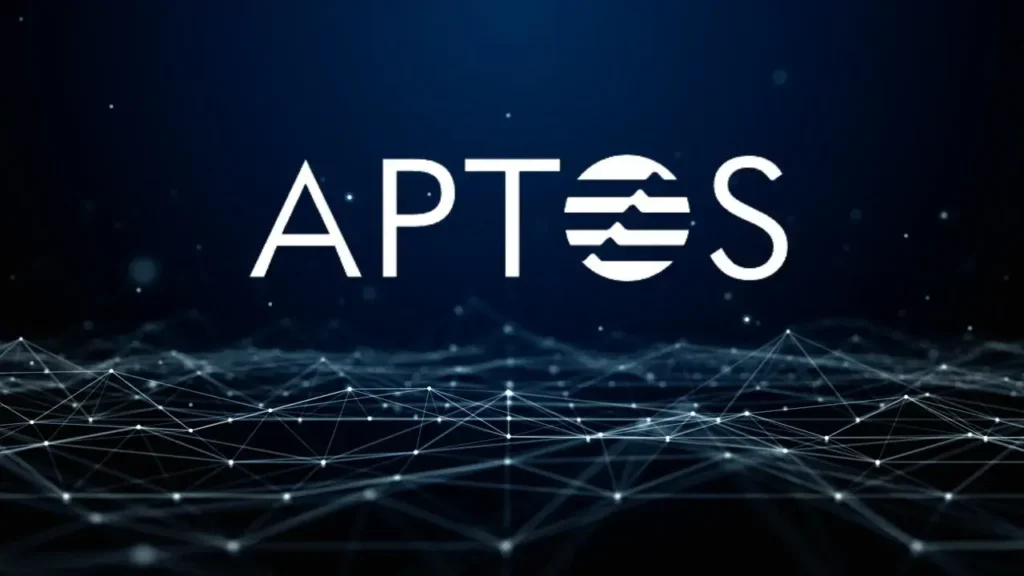
Is Aptos (APT) worth investing in? The crypto project has had a meteoric start. Within a day, the leap into the top 100 cryptos succeeds. Cryptoquorum takes a closer look at the questionable starter and explains why extreme caution is required here.
What is Aptos (APT) anyway?
Aptos (APT) is the unofficial sequel to the former Facebook project Diem. Diem was previously known as Libra . Because of the involvement of a large number of huge companies from a wide variety of industries, authorities were critical of the project.
This problem finally brought Diem to an end in January 2022. The development team was no longer supported by Facebook and continued its development on its own.
Actually, Diem should get the necessary license in Switzerland. The Swiss Finma would have apparently also given the necessary permission. Already at an advanced stage , Facebook withdrew the application .
From now on, Diem should be pegged to the US dollar instead of to a bundle of currencies. A US license would have been required for this, but the authorities made it clear that this would not happen.
Therefore, the developers behind Aptos founded the company Aptos Labs in 2021 , which Diem continued as a modified version under the new name.
The project is not as innovative as the explosive start suggests. According to those responsible, it is a smart contract platform that uses Proof of Stake as a consensus mechanism.
The project should convince with enormous security, extremely high throughput and standards that enable easy use for developers. This is how industrial adoption should succeed.
Invest in Aptos? Much speaks against it
Coinmarketcap currently lists APT as the 51st cryptocurrency. The project only started yesterday. Accordingly, its market capitalization should already be over one billion US dollars.
Aptos (APT) received a kickstart from many large crypto exchanges such as Binance and Coinbase , which listed the new project. But this is where the problems start, because Aptos started without giving any information about the tokenomics.
The fact that Aptos, of all things, failed to announce details of the circulating supply caused a great deal of criticism in the crypto scene. Many users therefore already consider the project to be implausible and assume intention.
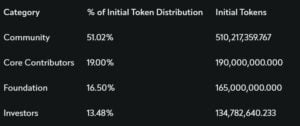
When looking at the tokenomics that Aptos subsequently submitted, the assumption seems quite realistic. 51.02 percent of the supply should flow to the user community. 16.50 percent go to the Aptos Foundation. The remaining 32.48 percent of the supply is in the hands of developers and investors.
A large part of the coins has been in a lock-up stage for years. Users have to wait ten years for a full unlock, while Aptos and the venture capitalists only have to wait four years.
These investors also include crypto exchanges such as Binance, Coinbase or FTX. The listing of the cryptocurrency on the trading platforms therefore did not require long consideration.
Allegations of centralization against APT numerous
But not only the coins are considered to be highly centralized. The network itself is also said to have centralization problems. At least that’s what the programmer Paul Fidika reports , who according to his own statement ended his work on Aptos for these reasons.
According to him, the consensus mechanism is highly centralized. All validators are handpicked partners of the developer studio.
Aptos (APT) currently has a throughput of five transactions per second. That’s two fewer than Bitcoin . According to co-founder Mo Shaikh, throughput will soon increase significantly as the network experiences more activity.
Various crypto users suspect that the low scalability occurred unexpectedly due to a failure of the mainnet launch. In its final phase, Aptos should process 100,000 TPS.
